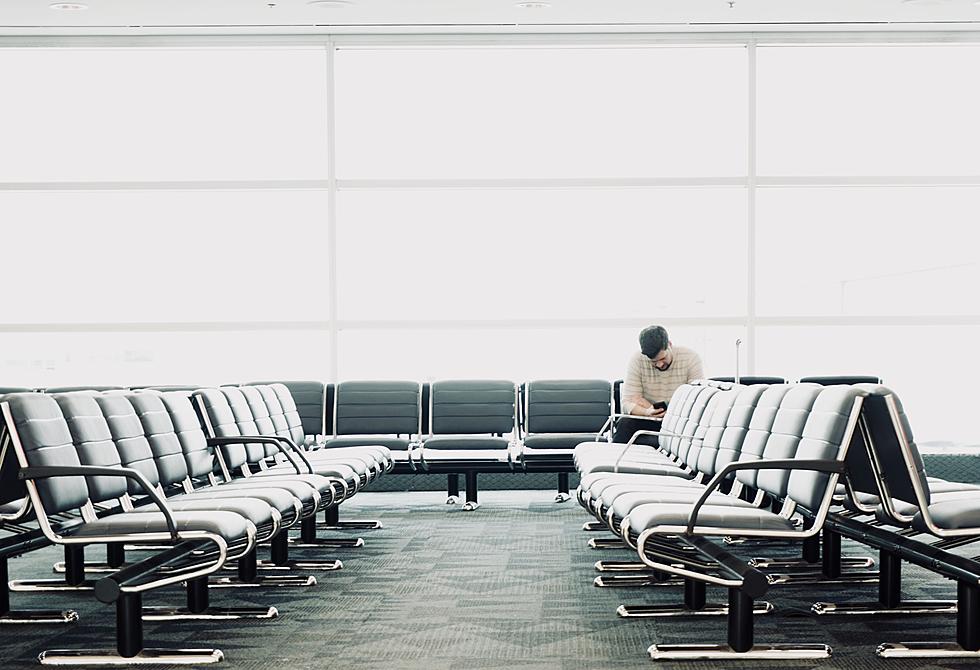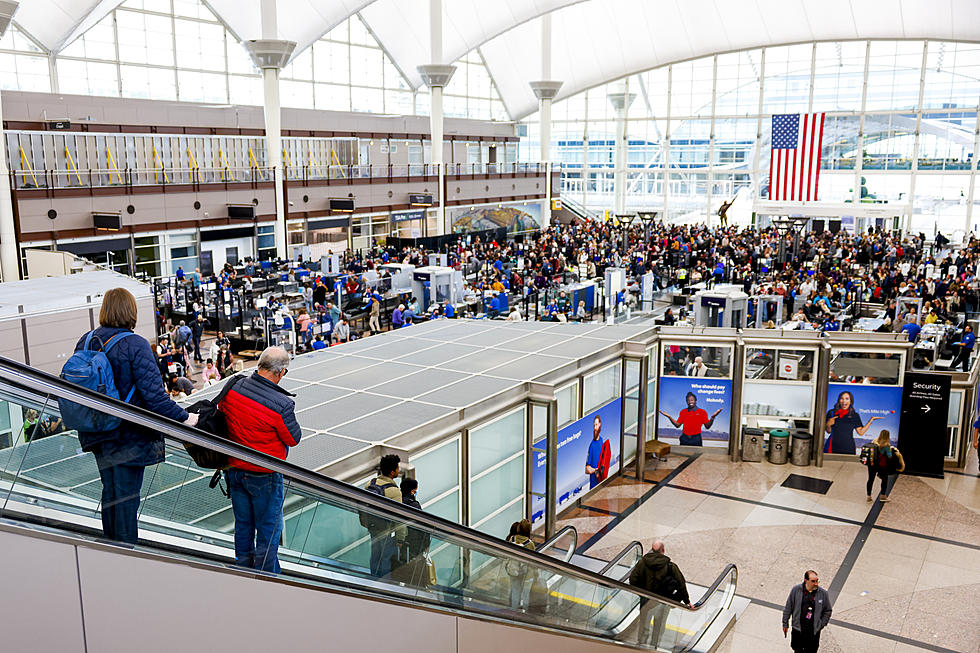
A New Life – Learning the Dangers of What I Was Getting Into
In January 2016, I left a 30 year career in radio to find a new path. Fear, doubt, and anxiety filled the vacuum at that time. I had no idea where life was going to take me. These writings are about my experiences and how I landed back in radio, but I truly hope they are inspirational to those who are going through something similar. The fear, doubt, and anxiety can all lead to a tailspin. I knew that. I also knew that I had to keep moving toward something…..and hang on.
Some terms to know:
Tug: the small tank like vehicles that have luggage carts attached to them.
Provo Truck: Those big box trucks that lift up to the aircraft to replenish food & beverage
Gate lead: The person in charge of the gate. They marshal in the aircraft and are in charge of all things during the "turn" like: bag count and pushing the aircraft out on time. Everything is on their shoulders to make sure that flight and aircraft has what it needs before push, except fuel. A private contractor fuels the planes.
Gate assist: assists the gate lead. In charge of unloading and loading bags and wing walking the aircraft out during push. Also responsible for gate checks, air, and potable water.
Zone assist: Mostly works the back bin unloading and loading bags. Also responsible for potable water and wing walking. Most often splitting time between two or three gates doing nothing but that.
Belt loader: The conveyor belt vehicles that are used for unloading and loading bags and cargo.
The first week of orientation was mostly pleasant. Wade, our class instructor and CSU graduate, did a great job in representing Southwest Airlines and all of the benefits of working for this airline. We had some tests to complete that dealt with not only Southwest Airlines code of conduct and day-to-day business, but a lot of it dealt with safety and Denver International Airport rules and regulations, especially around Concourse C where Southwest resides. Things like: The VSR. Yes, another acronym. The VSR is the "Vehicle Service Road" that is located mostly behind the aircraft at the end the gate. If you are watching at your gate of departure - like most people do - you'll notice that Tugs and most other vehicles travel on this road. There are rules and speed limits for this road that must be obeyed. Another interesting fact, there are tunnels underneath the concourse that the Tugs and luggage carts use to get your bags to the main concourse and baggage claim. Denver Police officers frequently patrol this area. Speeding in this area can lead to a traffic ticket much like the one you'd get outside of the airport. The Tugs that I drove had governors on them and prevented them from going faster that 15mph. However, there are stop signs down there too. If you run one of those and get caught, it's a ticket.
The second week of orientation was the most sobering. I knew I had been privileged to be a part of this great company and I knew that the work would be hard, but it wasn't until the second week of orientation that I realized how dangerous the job is.
His name is "Tooch". Well, that's his nickname. He's the head ramp supervisor in charge of all new-hires for Southwest Airlines at DIA. Tooch has been around for a while and has seen first hand the dangers of the job. He walked into the room the first day of our second week of orientation and quickly informed us of how dangerous it can be on the ramp if mistakes are made. It can lead to death. This has happened. A few years ago, a ramp agent for Frontier Airlines slipped while approaching the front gear of a moving aircraft. The plane ran over his leg. He later died due to complications from that injury. Another instance, a gate lead pushed back an aircraft without first clearing the "zone" and pushed the plane into a provo truck that had not finished its job. The wing of the plane tipped the provo truck over. Thankfully, nobody was hurt in that event, but it could have been really bad. Yes, the gate lead did lose his job as a result. Another ramp agent had his lower leg snapped in half while slipping on a belt loader.
If his intent was to scare us into submission when it comes to safety and regulations, it worked with me. I just wanted to be around aircraft and work at the airport. My visions of this job did not include the dangers he was describing. The thought of me making a mistake out there that would lead to the death or injury of a co-worker scared the hell out of me. In fact, the incident with the provo truck that he talked about would come back to haunt me during training.
More From Retro 102.5









